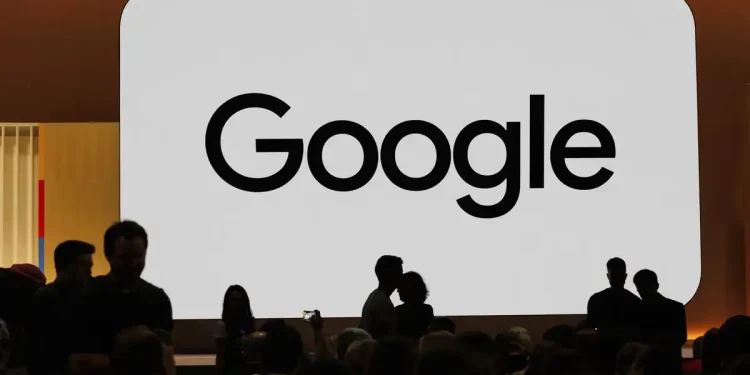Alphabet’s Google has announced significant Google Play EU changes following mounting pressure from European Union regulators. The company revealed updates to its app store policies, aimed at giving developers more freedom to guide users toward alternative purchase options outside Google Play.
These changes come after the European Commission charged Google in March with violating the Digital Markets Act (DMA). The landmark EU law seeks to curb the dominance of Big Tech companies and promote fair competition across digital platforms.
EU Antitrust Charges Against Google
EU regulators accused Google of limiting app developers’ ability to inform users about offers available outside of Google Play. The Commission also criticized the service fees charged by Google, stating they extended beyond what could be justified for customer acquisition.
Google has already faced more than €8 billion ($9.3 billion) in fines over antitrust violations in Europe. If found guilty of breaching the DMA, the company could face penalties of up to 10% of its global annual revenue.
Google’s Response and Updated Terms
In response, Google outlined a series of Google Play EU changes in a blog post. The company is revising its External Offers Program for the EU, providing more options for developers while also adjusting fee structures.
Clare Kelly, Google’s Senior Competition Counsel for EMEA, acknowledged concerns over potential risks, saying:
“While we still have concerns that these changes could expose Android users to harmful content and make the app experience worse, we’re updating our External Offers Program for the EU with revised fees and more options for Android developers, following DMA discussions with the European Commission.”
Broader Impact on App Developers and Users
For app developers, these Google Play EU changes could mean lower costs and greater freedom to market subscription offers or payment options outside Google’s ecosystem. For users, it could provide access to more competitive pricing and a wider range of services.
However, Google has warned that looser restrictions may also increase the risk of malicious content reaching consumers. Striking the right balance between openness and security will be a challenge as these rules take effect.
The Road Ahead
The European Commission will continue monitoring how effectively Google complies with the DMA. Should regulators find that Google’s updates fall short, the company risks unprecedented fines and tighter oversight.
As Europe positions itself as a global leader in digital regulation, the Google Play EU changes could set a precedent for how governments worldwide enforce antitrust laws against Big Tech.












